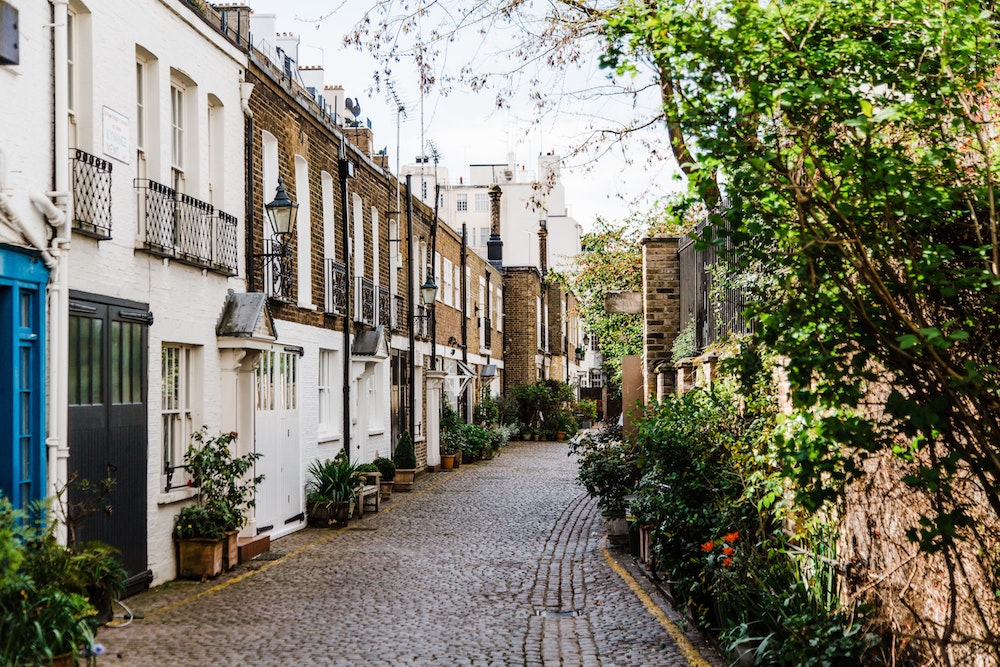Post
Will Jenrick’s planning reforms deliver “tree-lined streets for all"
26 Jul 2021
How might the Government's new planning reforms affect London? Darryl Chen gives an overview of the state of play.
The government has announced an important stage in the rollout of planning reforms following consultation throughout the last 12 months on the draft documents. Revisions to the National Planning Policy Framework (NPPF), publication of the final draft National Model Design Code and the establishment of an Office for Place were all announced on 20 July.
Planning is often the domain of consultants and specialists who are uniquely trained to navigate layers of jargon and complicated processes. Underlying these reforms is the hope that more people will be involved in the shaping of their neighbourhoods through the planning process, but how that will rollout, in particular in London, remains to be seen.
At the heart of planning changes is the obligation upon local councils to create design codes that govern what all new development in an area should look like, thereby providing certainty to any future developer that their proposals accord with the wishes of local people. The National Model Design Code provides a template format to expedite this process.
To date, local plans usually aren’t much more specific about individual sites than prescribing main uses and giving an indication of massing. The new system will lock in much more detail for an entire area from the outset, rather than leave those decisions for an individual site at the time of application.
Accompanying the Code is the National Model Design Guide. It is more than a template, but guidance on what the government thinks is good urban design. It promotes compact, walkable and sustainable forms of development that frame streets and well-defined public spaces.
The launch of these documents was obscured by rhetoric suggesting that the majority of urban development should be ‘4-6 storeys along tree-lined streets’, but whatever the merits of this or otherwise, this doesn’t appear in the Guide.
Whilst on the face of it, the stated intentions to simplify and democratise the planning system seem laudable, the reforms have met with lukewarm response within London’s planning community. The New London Architecture’s Planning Panel cites the lack of local authority resource, not getting to grips with London’s complex fabric, and the practicalities of getting people involved in the plan-making process as key concerns.
In previous years the London Society has had the privilege of welcoming leading practitioners and advisors to speak on matters close to members’ hearts at our annual Planning School. Two such speakers have been instrumental in driving current reforms to the planning system, namely Joanna Averley, Chief Planner at the Ministry of Housing, and David Rudlin, Director of URBED and author of the National Model Design Code.
We look forward to welcoming an equally rich array of speakers to discuss with members the evolving planning system in this year’s Planning School in October.
Darryl Chen is a trustee of The London Society and a leading urban design practitioner with Hawkins/Brown. He has led design units at the Architectural Association and Bartlett schools of architecture, lectures and publishes internationally, and curates The London Society's annual Planning School.
